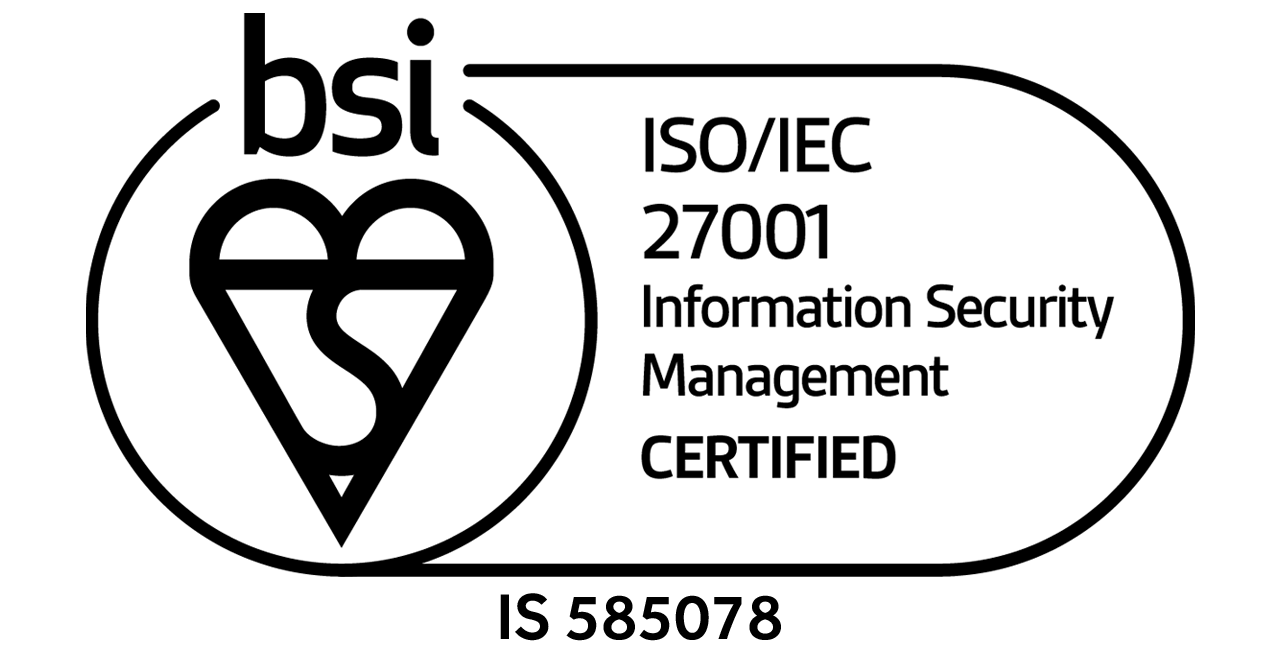Birmingham and Solihull Mental Health NHS Foundation Trust increases security and reduces costs with Digital Dictation solution and mobility apps
Birmingham and Solihull Mental Health NHS Foundation Trust(BSMHFT) provides mental healthcare to a population of 1.2 million, making it one of the largest mental health Foundation Trusts in the United Kingdom.
The Challenge
BSMHFT operates from a large number of community and inpatient sites spread across a 172-square-mile region. Over 100 consultant teams, each comprised of a consultant and several doctors and nurses, provide care to patients both at home, at community bases and in hospital. Over the years there has been a steady rise in the volume of correspondence associated with the ever-increasing demand on healthcare.
Traditionally, Dictation was recorded by clinicians on tapes and then ferried to and from multiple locations across the Trust to medical secretaries. The correspondence was then typed up by the secretaries and printed out for approval by the clinician before copies were posted to GPs, patients or other agencies.
Managing dictation for such a mobile workforce presented several challenges. The first was workload. “Clinicians would have to wait until it was convenient for them to return to base and drop off a tape with their secretary,” explains Dr James Reed, Chief Clinical Information Officer at BSMHFT.
“The secretaries ended up with one or two tapes and didn’t know how many Dictations were on them, when they had been recorded or which patient they related to.” A second challenge was the risk of damaged tapes, which meant that Dictations would have to be redone. This was becoming an increasing problem with the age of the technology and the difficulty and expense of sourcing new tapes. Finally, tapes presented a security risk. They contain private patient information, and it was important to protect the confidentiality of the recordings. Given the constant movement of tapes and recording machines there was a significant potential for loss.
The Solution
BSMHFT began looking at Digital Dictation solutions, most of which involved replacing tape recorders with digital recorders. But this would have only partially solved the problem as digital recorders still had to be physically returned to the office. In addition, purchasing a whole new fleet of digital recorders would have been very expensive. So the Trust took a different tack. It deployed BigHand for Healthcare, a customized Digital Dictation, speech recognition and clinical correspondence solution that replaces tape and paper based systems used in medical Dictation, transcription and transmission. Based out of London, BigHand is the leading provider of Digital Dictation and speech recognition technology to the UK healthcare market.
Since all the senior doctors and consultants were already using smartphones for mobile email, the Foundation Trust decided to get even more value from its existing deployment and added BigHand Digital Dictation for smartphones to the solution for 1000 users. It enables clinicians to create new recordings directly from their smartphones and immediately send them. Dictations are automatically and securely sent using the push technology of the smartphone to secretaries for transcription. The application also lets clinicians see the real-time status of each transcription and review final documents directly via their smartphone.
The Business Benefits
The deployment has proved to be a success for the clinicians straight from the outset. Very rapidly, the old machines and tapes were withdrawn from service and now the Trust uses BigHand exclusively.
The BigHand solution provides several advantages over the previous tape-and-paper system. It has brought remote Dictation to a broader population of users without requiring any investment in new devices, and has enhanced data security compared to analogue tapes, which are not encrypted and easily misplaced.
Furthermore, the BigHand solution has improved workflow management. Turnaround times have improved because consultants no longer have to return to the office to hand over tapes. An urgent recording is dealt with more swiftly because the consultant can flag it for priority handling. It has reduced the bottlenecks that used to be caused by the sudden arrival of cassettes - instead Dictations are now handled as they arrive. Also, secretaries waste less time chasing down tapes, leaving them free to focus on more effective activities.
The solution has also contributed to better workload allocation. Before, support services managers had no way of seeing how many recordings were in the backlog and couldn’t re-assign recordings to other secretaries. Finally, all these improvements are expected to generate significant cost savings, as there are no costly analogue Dictation devices and tapes to buy. Also, due to a reduced backlog and better allocation of existing secretarial resources, the Trust will avoid the cost of temporary staffing when secretaries are on leave.
Key Benefits
- Enhanced data security
- Improved workflow management
- Workload prioritization
- High quality audio
- Instant submission






